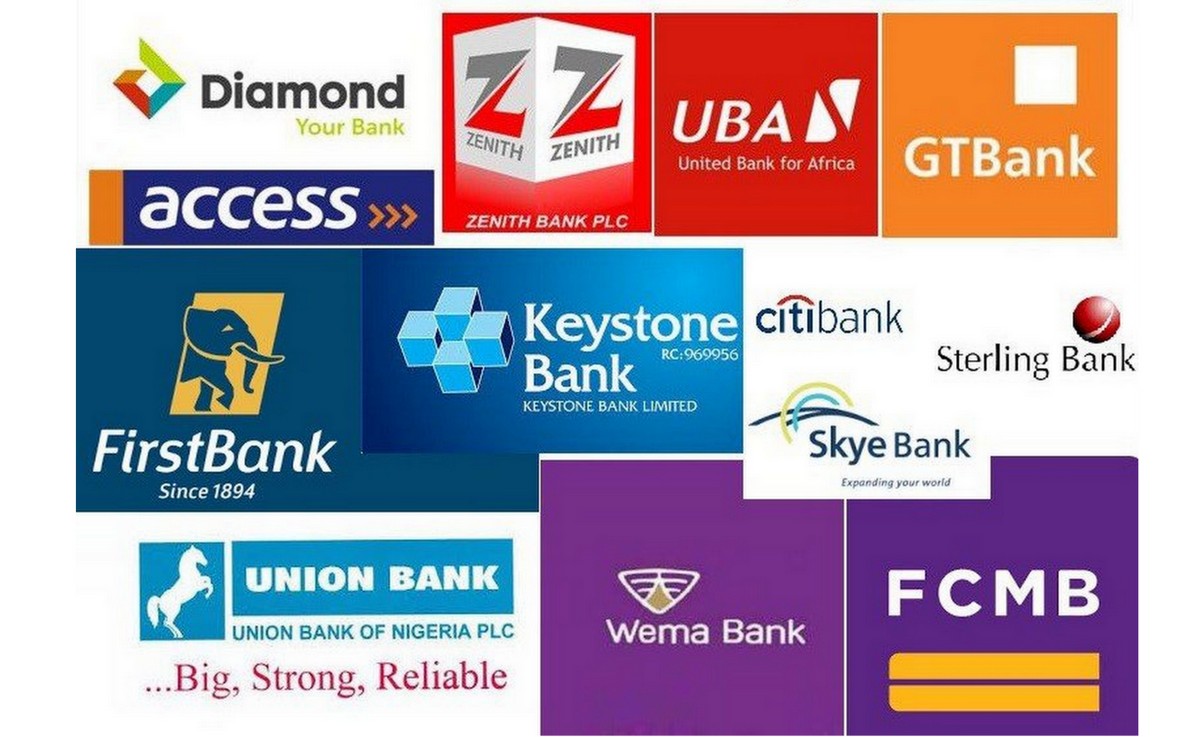Nigerian banks top Africa’s financial hub – Expert

The banking consolidation of 2005 has shot the nation’s banks to the pinnacle of Africa’s financial hub.
According to a former banker and financial analyst, Dr. Alaba Olusemore, Nigeria derived a lot of positives from the banking consolidation, as well as other policies of Obasanjo administration, to make its financial sector first among equals on the continent.
Speaking at the 12th Anniversary of Nigeria banking consolidation Thursday in Lagos, Olusemore, who is also the CEO of Nesbet Consulting Ltd, said:
“Consolidation was a major policy initiative of the Central Bank of Nigeria(CBN), aimed at making Nigeria banks competitive globally through enhanced capital base. The consolidation of the banking sector produced 21 banks out of 89. Today, there are 23 commercial banks; four merchant banks; one non-interest bank; several microfinance institutions, which replaced the community banks, that had been established. The primary mortgage sector has also been restructured to provide mortgage finance
“All of these are now under the direct supervision of the CBN and the Nigeria Deposit Insurance Corporation (NDIC). Part of the CBN directives is that the Primary Mortgage Banks (PMB) should concentrate on ‘true’ mortgage financing that will provide long term mortgage loans for residential purposes’. While three foreign banks; Barclays Bank, Deutsche Bank and JP Morgan have representative offices in Nigeria currently.”
Olusmore, however, predicted that the nation would not attain its vision 2020 of becoming the 20th largest economy in the world.
With a benefit of hindsight, the Nesbet CEO recollected that a lot of positives came from the banking consolidation, Financial Systems Strategy(FSS) 2020 and vision 2020 to benefit Nigeria.
He, therefore, urged the powers that be not to relent as the year 2020 is by the corner, adding that a lot can still be done by ensuring that the above policies are followed to the letter.
In his contribution, the National Co-ordinator of Independent Shareholders Association of Nigeria (ISAN), Mr. Adebisi Adeniyi, who represented Sir Sunny Nwosu, said Nigeria economically should be better off if the government at all levels sincerely support the private sector. He lamented that the parochial interest of public and private sector leaders prevented most of the policies from working.
According to him, if the Nigerian people are genuinely empowered, the countywill achieve its aims of being among the best economies in the world.
However, he pointed out that this could only be achieved with a renewed mindset among the leaders and the followers, maintaining that the people should be the centre of every developmental policies.
A public affairs Analyst, Pat Anyadubalu, in his summation pointed out that the laws bothering on ownership of landed properties needs to be ironed out as that seems to be the main collateral required by banks as far as financial intermediation is concerned.
Recall that Vision 2020 initiative was introduced by the Obasanjo Administration, framed and planned by the Yar’Adua regime and largely executed, so far, by the Jonathan Government.
The supporting document of the theme of the event posited that various government policies such as the NEEDS, SEEDS, banking consolidation by Obasanjo, the seven point agenda of Yar’Adua, the Industrial revolution plan, Agriculture transformation Agenda, re-basing of the economy of Jonathan period and the current recovery plan of President Muhammadu Buhari are all geared obviously to achieve the vision 2020 which aims to make Nigeria the 20th largest economy globally.
The green shoots of the vision, it posited was that by 2013 Nigeria became the largest economy in Africa, and later the 24th in the world. Its music Industry is rated among the top 10, its film industry is also in the top 5. Its ICT is among the top in Africa. Its banks are far in the run to become Africa’s financial hub. But other sectors of the financial industry- insurance,mortgage, venture capital etc are not doing so well.
Apart from Dangote Industries and a few others the manufacturing sector is tame. In Export the oil & gas sector is huge. Agric is however rising.
However, the Posers before the country it stressed is that vision 2020 comes to end in two years time or more depending on how you are counting. Has it been worth the while? Should we devise another vision? Vision 2030, 2040 or 2050? With the
decision by some EU nations to phase out fuel and diesel cars within the next
seven years(2025 to be precise).What should be the focus of the Nigerian.









0 Comments